Knowledge Matters at ECS
Throughout the last week, headlines across the country pointed out that three contestants on the popular game show Jeopardy were unable to answer a simple clue about the Lord’s Prayer. The clue was at the $200 level, an easier level of question in a category.
Many have pointed out the absurdity of this, after all, it’s a basic point of religious literacy. Others respond that, as the USA becomes more secular, it cannot be assumed people are familiar with religious prayers, symbols, or beliefs.
You might guess what I think. As the headmaster of a classical Christian school I think memorizing the Lord’s Prayer is an important exercise not merely for cultural literacy but also for healthy spiritual formation. If you are looking for guidance on this, I strongly recommend The Practice of Prayer by G. Campbell Morgan.
But there is a larger point to be made here, one that is foundational to any arguments for cultural literacy or religious literacy (and such arguments are worthwhile). That point is that education requires the acquisition of knowledge. Proverbs 18:15 says “The mind of the discerning acquires knowledge, and the ear of the wise seeks it” (HCSB). Proverbs 8:10 goes as far as to say knowledge is more desirable than gold.
I know what you are thinking, “Surely everyone knows education requires the acquisition of knowledge, that’s obvious.” I don’t think it is. If it was, we wouldn’t have three contestants on Jeopardy who don’t know the Lord’s Prayer says “Hallowed be Thy name.”
In the diffusion of innovative educational philosophies, some began to question the relationship of knowledge to education. Others began to redefine knowledge entirely, insisting that it is only a social or individual construct. And you can imagine the appeal, if knowledge is an individual construct then self-discovery is the highest form of learning and self-expression the only legitimate form of assessment. Exhortations like “speak YOUR truth” are now prolific.
As popular as it may be, knowledge constructivism is self-defeating. If it is true, we could never know it to be true. Knowledge that cannot be known is a contradiction.
The contrast is knowledge-based education. The classical Christian tradition centers on the liberal arts and the Great Books. The Great Books are great because, among other things, they contain and convey knowledge. Or, stated more classically, we use the Great Books to both learn and love what is True (and Good and Beautiful). I expect my older students to know what the Fibonacci Sequence is and how it applies to art. I expect my younger students to know what sounds “G” can make and the circumstances under which it might sound like “J.”
The severing of the relationship between education and knowledge is objectively harmful to the proper formation of students and the public good of our nation. Knowledge matters. It matters when hostile nations innovate and outpace our technological developments. It matters when people vote. It matters when a business owner has to write a strategic plan. But most importantly, it matters for the cultivation of students’ souls, for their reception of the Gospel, and for the glory of God.
In a world where ignorance is prolific, get knowledge. “For the Lord gives wisdom; from His mouth come knowledge and understanding” (Proverbs 2:6, HCSB).

